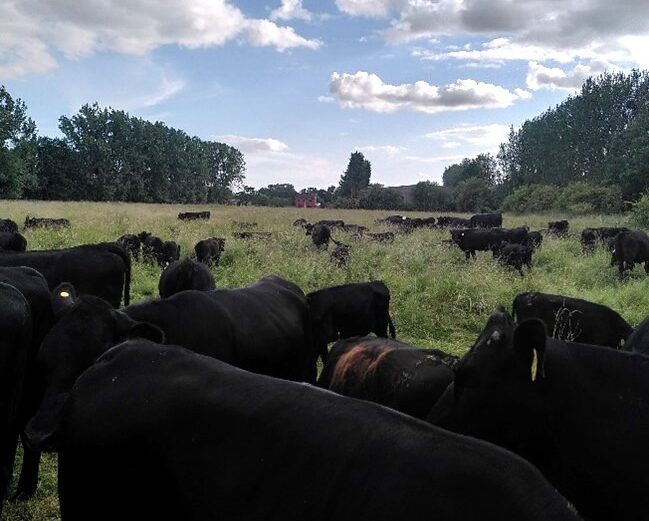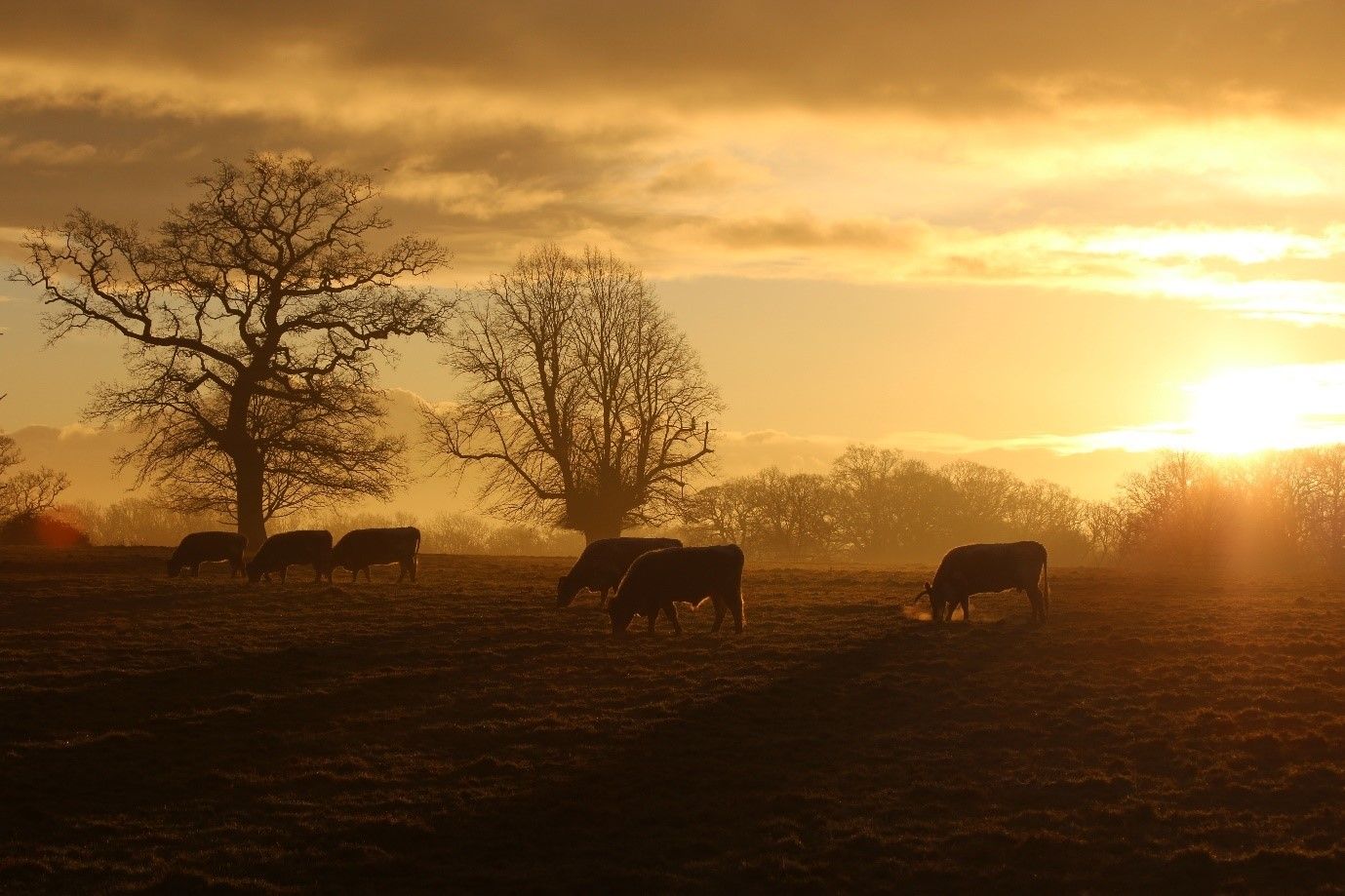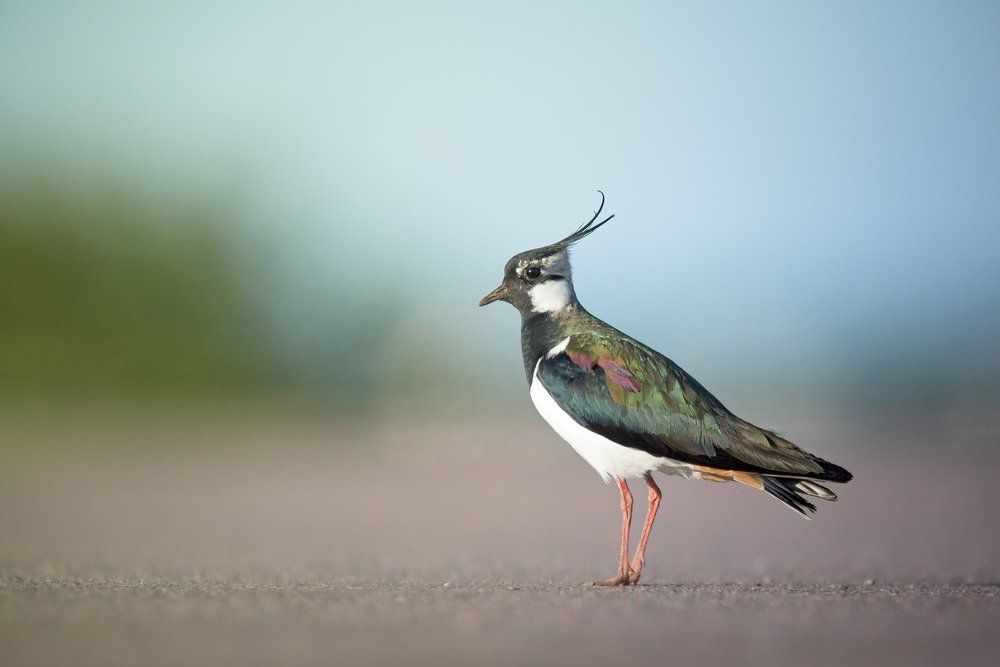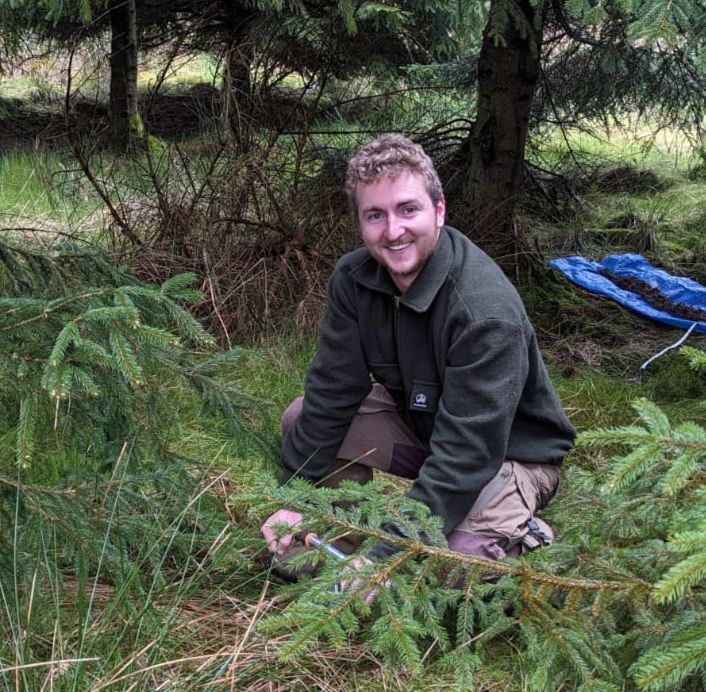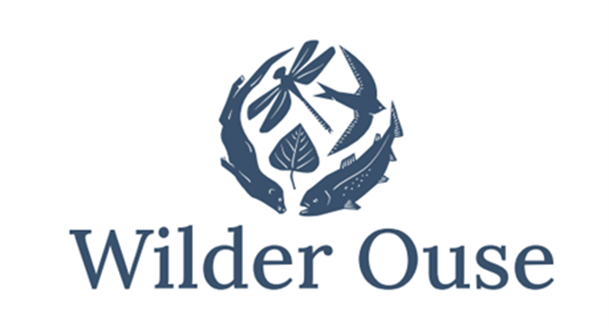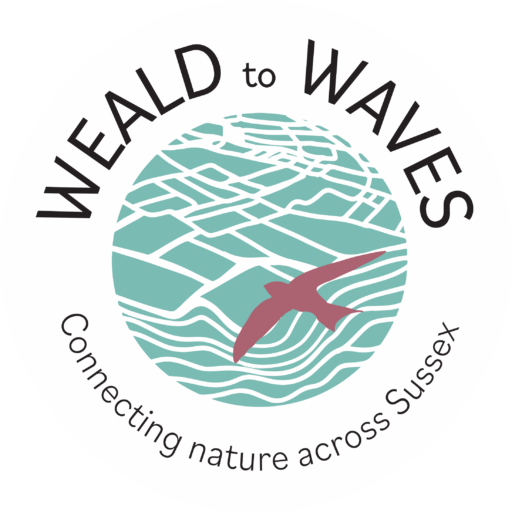
Food Production

Five things we took away from the Oxford Real Farming Conference
by Holly Tuppen | January 14, 2026 | Food Production, Landscape Recovery, News | 0 Comments
From dung beetles to youth education, here are five insights from the Oxford Real Farming Conference shaping the future of farming.
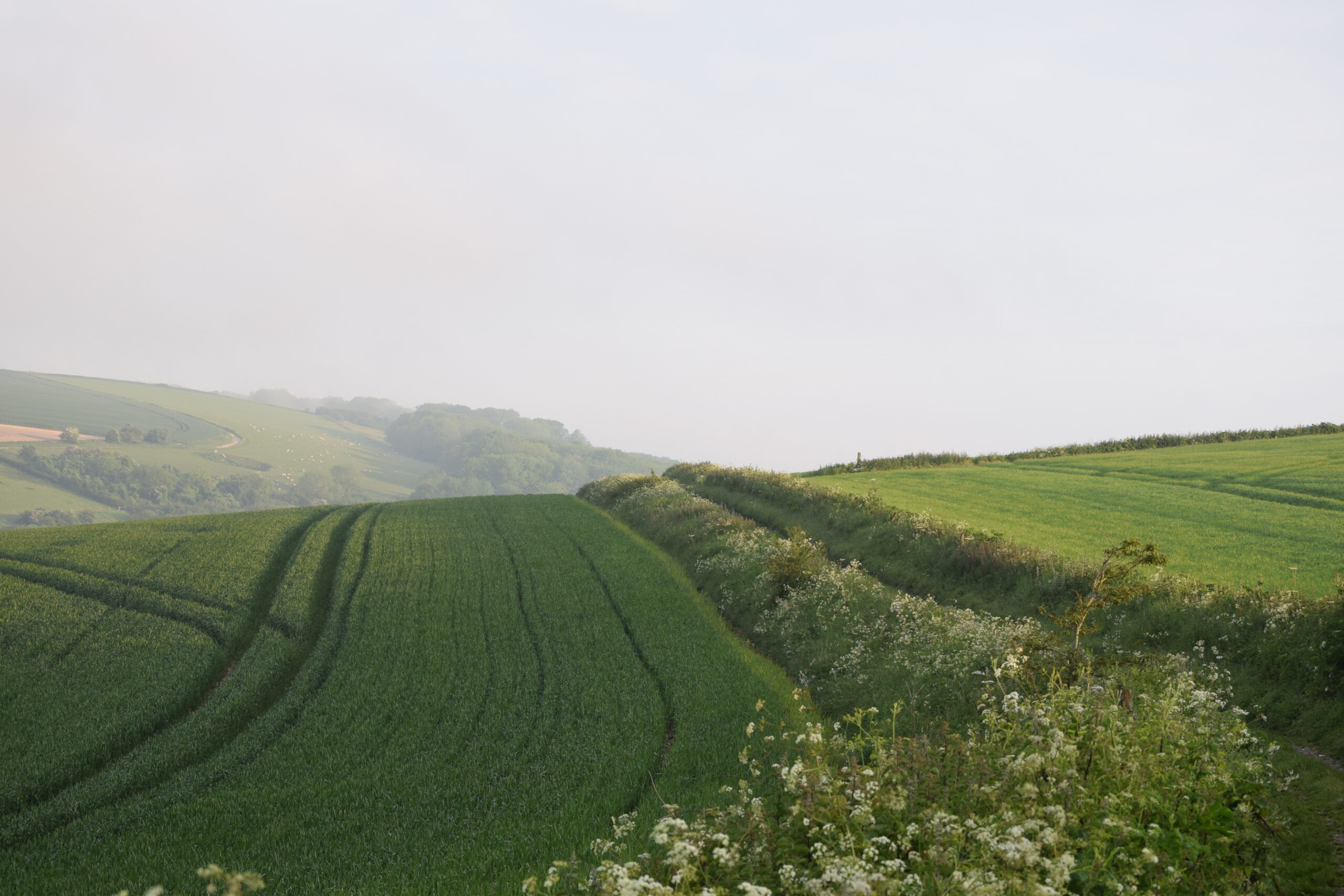
Farming Through Uncertainty: Navigating Policy, Funding and Nature Markets in 2025
by Molly Biddell, Knepp Estate | August 7, 2025 | Food Production, Landscape Recovery, News | 0 Comments
Uncertainty is nothing new for farmers, but 2025 brings major changes. Explore the latest agri-environment schemes and market opportunities.
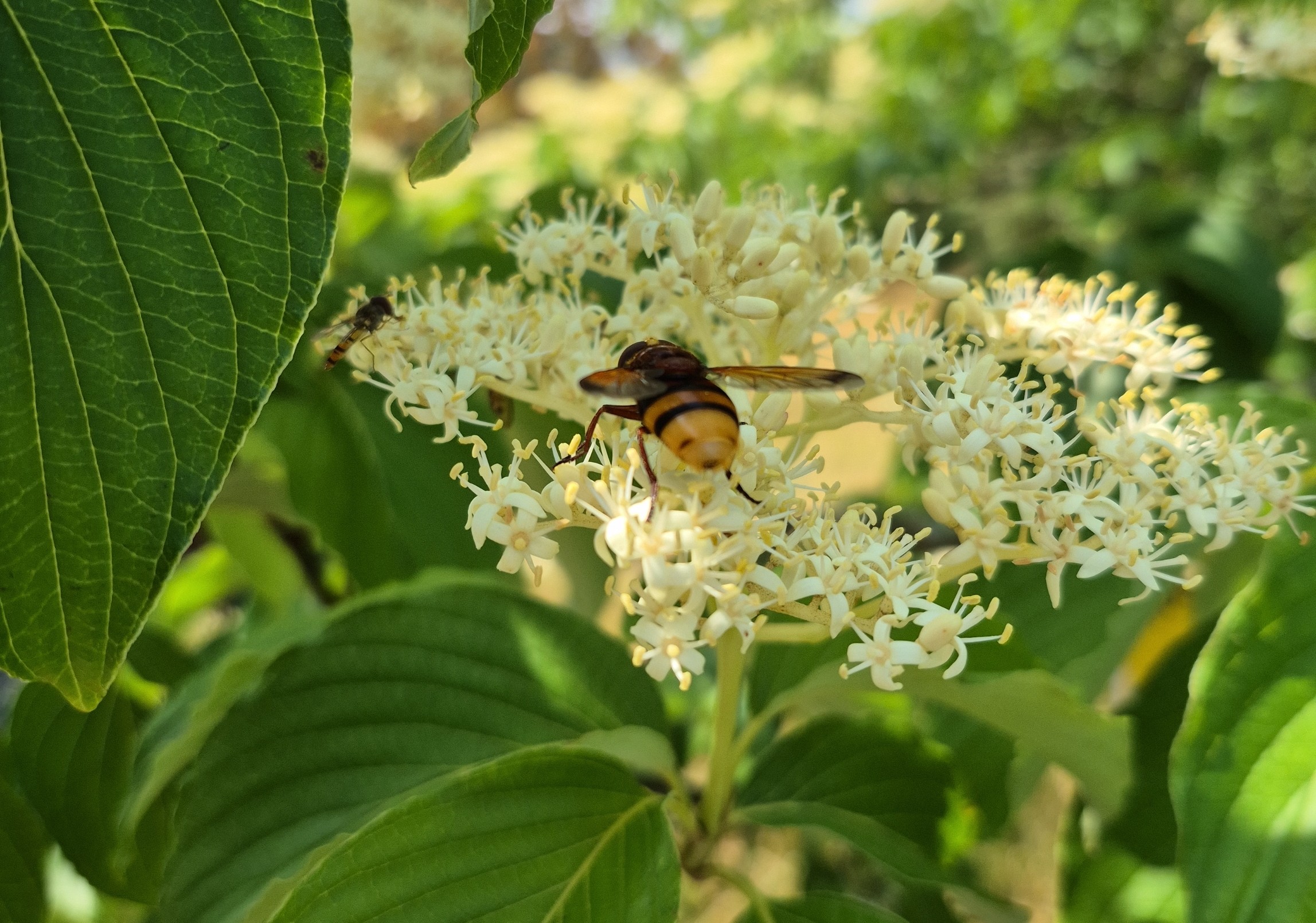
What We Know About Trees Needs to Change
by Rebecca Roberts, Miranda Bolton, Kew Wakehurst | August 5, 2025 | Biodiversity, Food Production, News | 0 Comments
With 97% of wildflower meadows lost in the UK, could trees offer an alternative? Wakehurst is exploring how flowering canopies, with the help of citizen science, can support pollinators.
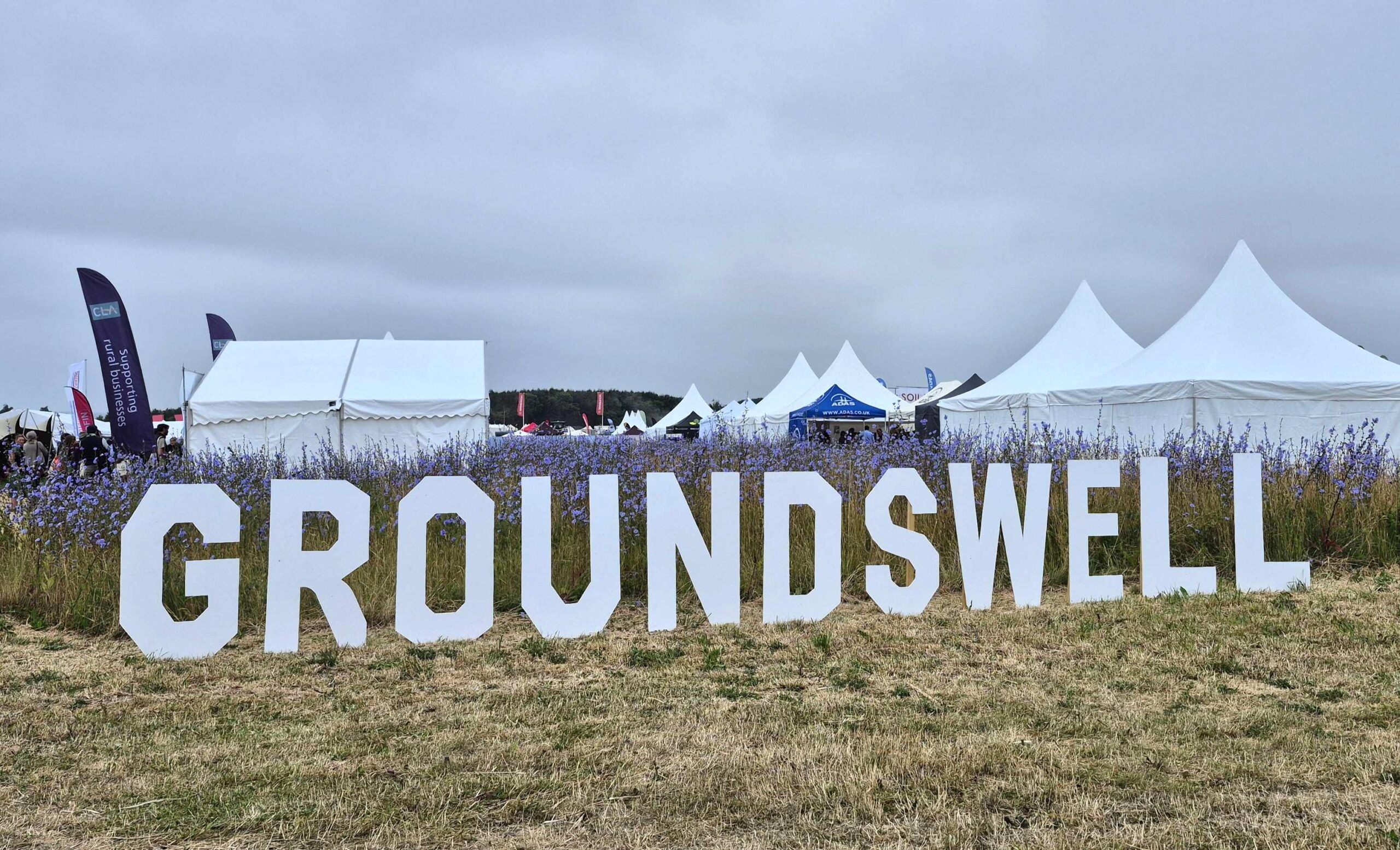
Groundswell 2025: Building Connections for People, Nature and Climate
by Weald to Waves | July 4, 2025 | Food Production, Landscape Recovery, News | 0 Comments
Reflections from Groundswell Regenerative Agricultural Festival 2025: Conversations, connections and the power of shared purpose
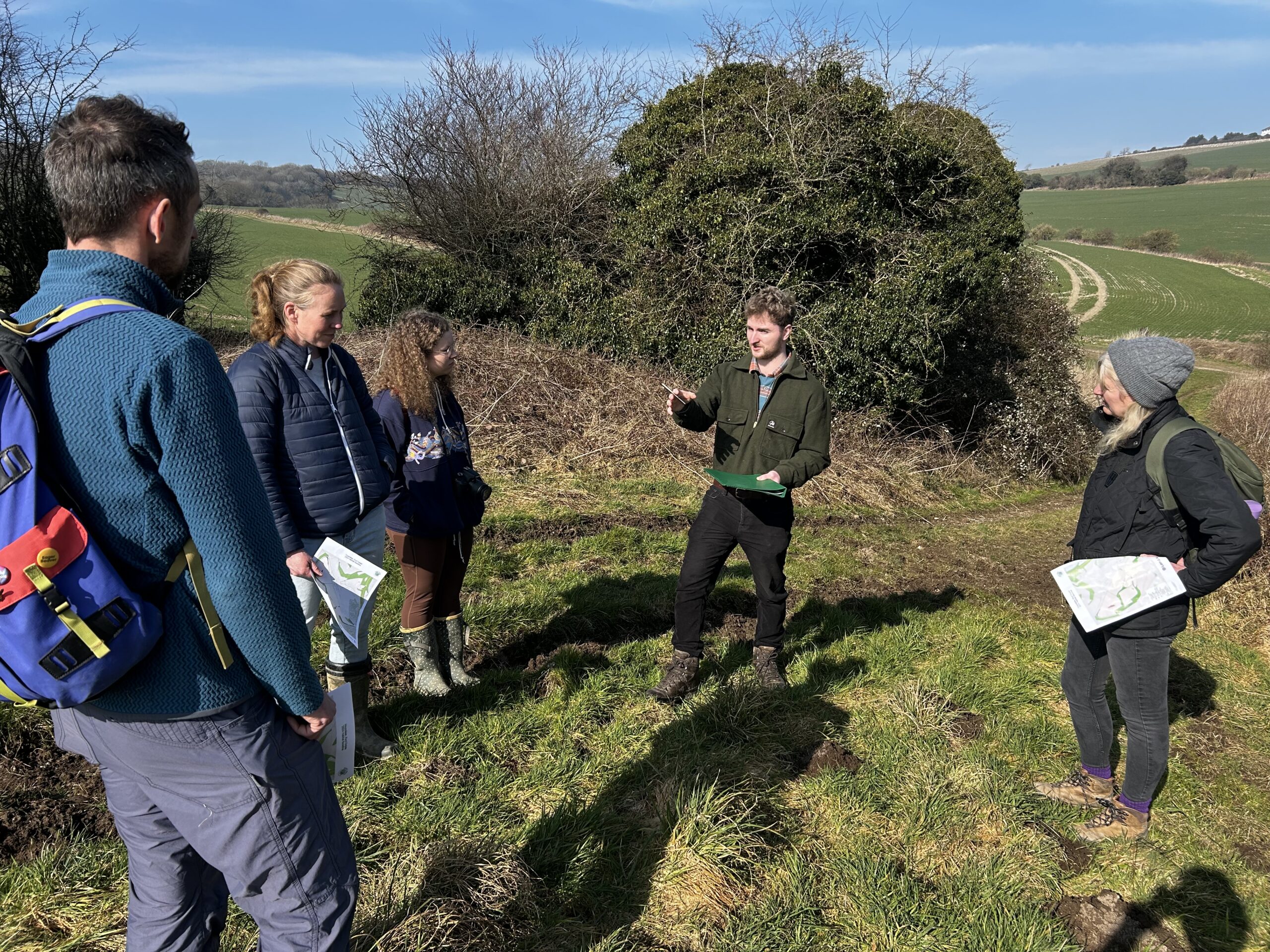
Be Part of the Bigger Picture: Habitat Mapping for Corridor Land Managers
by Alex Briggs | May 19, 2025 | Food Production, Landscape Recovery, News, Project News | 0 Comments
Our free habitat mapping service for land managers in the Weald to Waves corridor offers site visits with advice and mapping to help identify opportunities for nature recovery and improve habitat connectivity across Sussex.
January 14th, 2026
From dung beetles to youth education, here are five insights from the Oxford Real Farming Conference shaping the future of farming.
August 7th, 2025
Uncertainty is nothing new for farmers, but 2025 brings major changes. Explore the latest agri-environment schemes and market opportunities.
August 5th, 2025
With 97% of wildflower meadows lost in the UK, could trees offer an alternative? Wakehurst is exploring how flowering canopies, with the help of citizen science, can support pollinators.
July 4th, 2025
Reflections from Groundswell Regenerative Agricultural Festival 2025: Conversations, connections and the power of shared purpose
May 19th, 2025
Our free habitat mapping service for land managers in the Weald to Waves corridor offers site visits with advice and mapping to help identify opportunities for nature recovery and improve habitat connectivity across Sussex.
May 13th, 2025
Discover how mob grazing boosts pasture health, livestock welfare and biodiversity, and learn about our new kit loan scheme to help you get started.
May 1st, 2025
Discover how traditional livestock and low-impact farming are playing a vital role in restoring Sussex’s rare chalk grasslands and supporting threatened wildlife, while the closure of small abattoirs is putting this type of management at risk.
April 23rd, 2025
There is something powerful about coming together—farmers, ecologists, conservationists, and community members—to share ideas, challenges, and solutions for the future of our landscapes. _Weald to Waves: How Farmland Birds Can Thrive in Modern Agriculture_ offered an inspiring and practical vision of how farming and wildlife can thrive together.
August 8th, 2024
We are pleased to welcome Ryan Ellis as our Landscape Advisor, who has joined the Weald to Waves corridor to develop of network and to find solutions for food production and habitat management that support nature recovery.
August 7th, 2024
PATINA (Parents & Teachers In the Arts) is a charity created at the turn of the millennium to give young people in the Lewes District the opportunity to experience and enjoy art, work directly with professional artists and gain a sense of belonging and community through the arts. Their recent “Moving On Parade” focussed on “Welcome To Our Table”, celebrating local food and all the fun of growing, cooking and eating together.
August 6th, 2024
Mob grazing is a technique used by an increasing number of farmers, enabling livestock farming to boost productivity and biodiversity by mimicking natural grazing behaviours.
May 2nd, 2024
One of the most important issues affecting our landscape is the interlink between nature and farming. How can we achieve sustainable food production and boost biodiversity? Lydia Baxter, Sussex Wildlife Trust’s Wilder Ouse Project Officer, tells us more about how the project works to support nature and farming.
